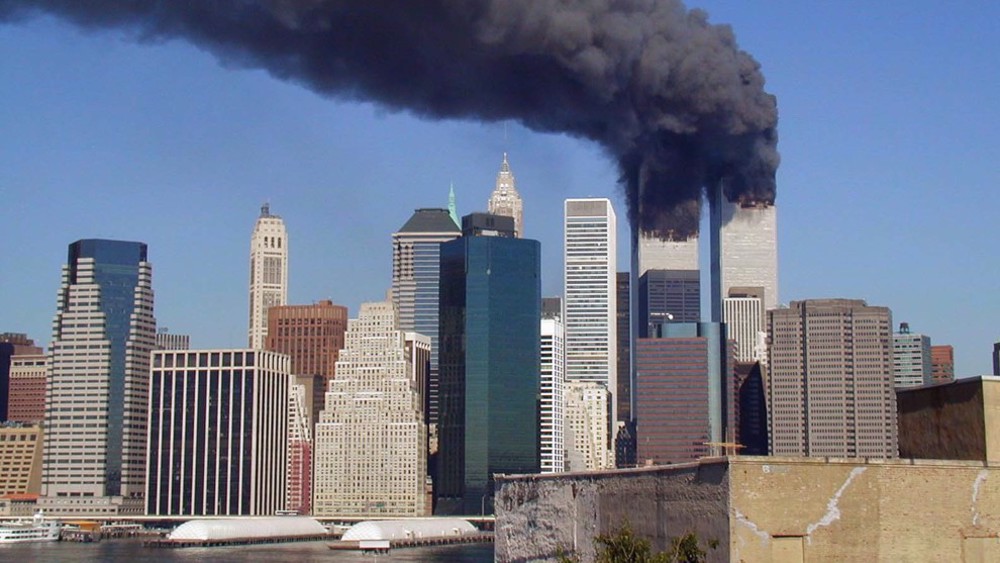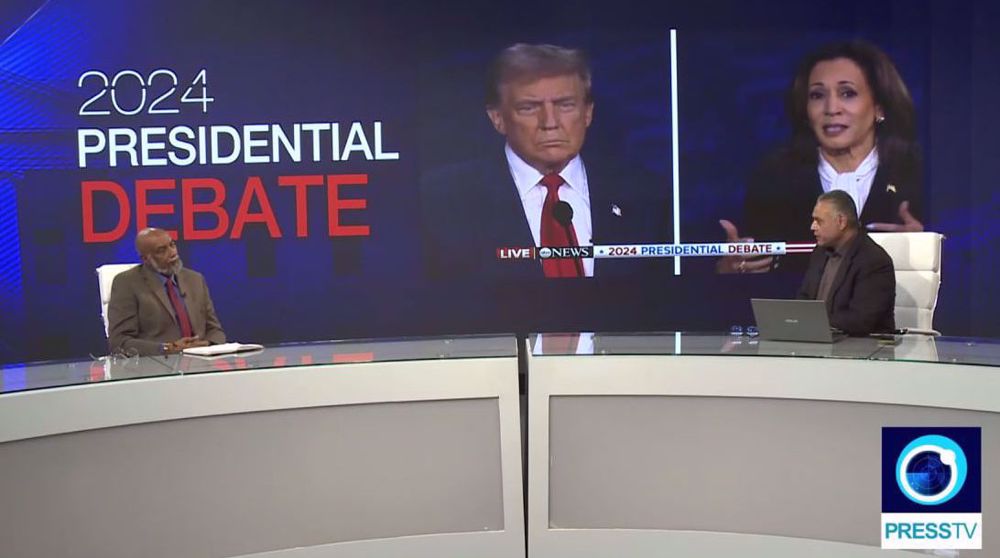UN talks on Syria to lead to nowhere: Analyst
Press TV has interviewed Eric Draitser, the founder of stopimperialism.com, to discuss a new round of UN-backed talks on Syria aimed at ending nearly five years of war in the Arab country.
The following is a rough transcription of the interview.
Press TV: Well finally they have gone to the table and actually even the Syrian opposition is supposed to be showing up sometimes this evening. Do you think that with the situation so far, no pre-conditions that it has what it takes that ultimately will lead to a ceasefire and perhaps find peace in Syria?
Draitser: Well I think it depends on how we look at it. Certainly this round of discussions is not going to lead to anything. In many senses this is kind of a show process, a farce, if you will.
I think the Syrian government has said on record that they are coming to observe and to be kind of observers and watch how this all proceeds but the Syrian government right now is in a very much position of strength much more than they were six months ago or twelve months ago and so certainly for that reason the opposition side, the Saudi-backed opposition in this case with regard to the High Negotiation Committee (HNC), they do not want to engage in any real substantive negotiations because they would be doing so from a position of weakness.
And so what we have to keep in mind is the reality on the ground in Syria is really what is dictating a lot of the issues in play in this negotiation. For instance the original precondition that the Syrian Arab army and its allies stop bombing terrorist rebel positions around the country, the notion that they would have that as a precondition is obviously a non-starter. They wanted to say that in order to level the playing field so they could make demands of the Syrian government.
Russia has of course rejected that. Russia continues with its sorties, with its campaign, the Syrian Arab army continues its advances and so what we are seeing in Geneva in my view is at best the laying of groundwork for a future negotiation process, one in which not the parties are agreeing but rather the framework of how negotiations will proceed. If that can be established that is probably the most anyone could ever expect from what is happening in Geneva right now and the UN envoy de Mistura himself has pretty much said that.
Press TV: Well what do you make? It says that this dialogue, this UN-sponsored dialogue is expected to last six months. However, based on what you are just saying, you said at best what it could do is actually establish a framework to go further because right now we seem to have so many players involved or that will be sitting at the table, it is hard to imagine that a lot of concrete elements can come out of this. What needs to happen in order that it does?
Draitser: Well again it would depend on what perspective you are looking at. From the perspective of the anti-Assad forces, the foreign Jihadis and the others, from their perspective the Russian campaign and the Syrian campaign needs to be rolled back. They need to re-establish some semblance of control over the territories that they had captured in order for them to be really taken as legitimate oppositions, legitimate negotiating partners here.
At the same time we also see the United States moving to secure control of a major base in the northeast of the country in al-Ramel, this al-Ramel base, while the Russians are possibly moving to establish a base near the Turkish border. All of these developments are also laying the groundwork for what in my view down the road will be series of concessions on both sides that will hopefully lead to a political solution.
In other words it is not simply about de-escalating the actual fighting on the ground. It is also about deconstructing the infrastructure of this war, sealing off the Syrian-Turkish border, removing the foreign-backed Salafi groups either by destroying them or by forcing them to flee the country, changing the dynamics of the actual substance of this war. When that happens then a real negotiation can take place and of course a potential transitional government which would include Assad and the Ba'ath Party and potentially some other token players backed by the United States as well as the Kurds and others, when we have had this transition already occur now we can really begin to be serious about a lasting peace.
However, the United States right now based on what we are seeing is pushing for a de facto partitioning of the country as I have been saying for a long time, as the Brookings Institution has written repeatedly, that is what the US is doing with their air base laying the groundwork on the military front for peeling off parts of Syria and establishing what could only be described as terrorist safe havens backed by the United States.
Israeli forces kill 7 more Palestinians in West Bank
Israel’s Netanyahu dismisses military affairs minister Gallant
Hezbollah attacks turn Israel’s Haifa into a ghost town
Iran’s FM meets Pakistani PM, discusses bilateral ties, Israeli atrocities
Iran ramps up gasoline output amid rising demand
UK foreign secretary under pressure over denial of genocide in Gaza
VIDEO | Press TV's news headlines
Hezbollah bombards explosives factory in occupied territories














 This makes it easy to access the Press TV website
This makes it easy to access the Press TV website